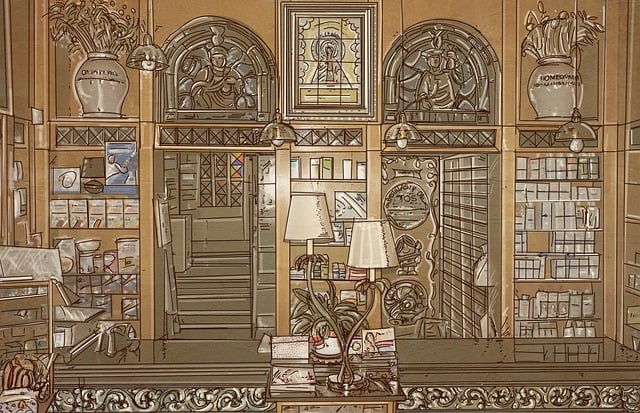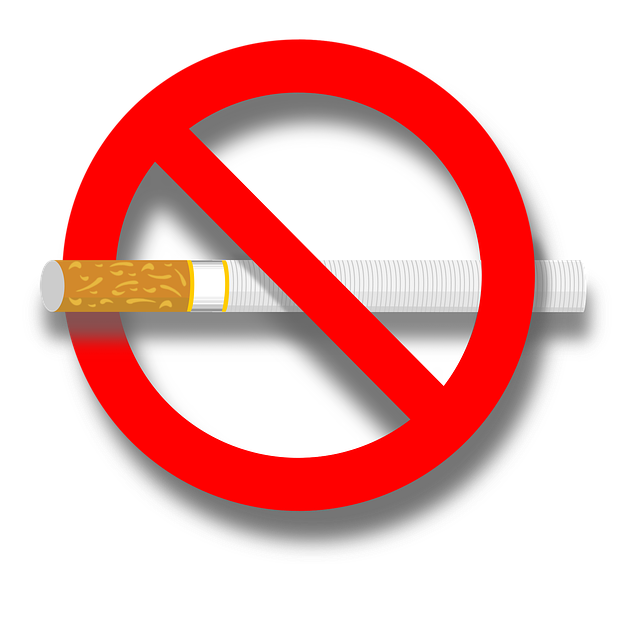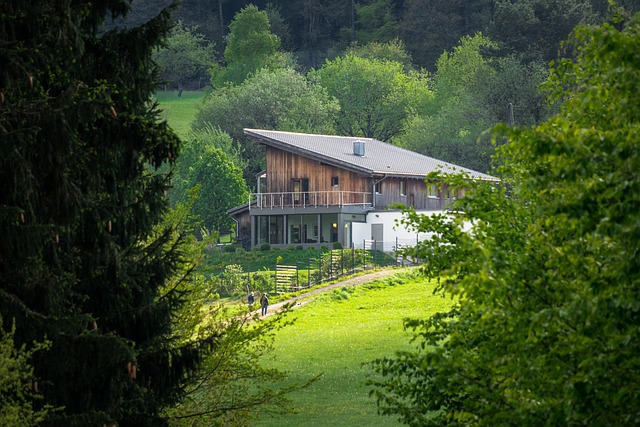Residential Addiction Treatment Manchester NH: A Comprehensive Pathway to Recovery
Residential addiction treatment in Manchester, New Hampshire, offers immersive, intensive programs l…….
Over 15% US adults have used prescription painkillers not prescribed to them.
Welcome to an in-depth exploration of a transformative approach to substance use disorder recovery: Residential Addiction Treatment Manchester, New Hampshire. This article aims to guide readers through the intricate world of specialized addiction treatment, highlighting its significance, methodologies, and global impact. By delving into various aspects, from historical roots to future prospects, we will uncover the critical role this treatment model plays in shaping lives and communities worldwide.
Residential Addiction Treatment (RAT) is an intensive, structured program designed to address substance use disorders in a controlled residential environment. At its heart, RAT offers a safe space for individuals struggling with addiction to detoxify, receive therapy, and develop healthy coping mechanisms. The Manchester, New Hampshire, model emphasizes a holistic approach, combining medical supervision, counseling, group therapy, and aftercare planning.
Key components include:
The concept of residential treatment has its roots in the late 19th century when asylums and sanitoriums began providing long-term care for various mental health conditions, including addiction. However, the modern iteration of RAT emerged in the mid-20th century with the recognition of substance use disorders as medical conditions requiring specialized treatment.
In the early days, these programs were often rigid and focused primarily on physical detoxification. Over time, the approach evolved to emphasize evidence-based therapies, personalized care, and a comprehensive understanding of addiction’s multifaceted nature. The Manchester program, in particular, has gained recognition for its success in treating opiate use disorders, highlighting the effectiveness of tailored, intensive care.
Residential Addiction Treatment has spread globally, adapting to diverse cultural contexts and needs. The Manchester model, with its proven track record, has inspired similar programs worldwide, especially in regions facing severe opioid crises. Countries such as Canada, Australia, and several European nations have implemented variations of this treatment approach, showcasing its versatility and adaptability.
The global residential addiction treatment market is a significant sector within the healthcare industry. According to a 2022 report by ResearchAndMarkets, this market is projected to grow at a CAGR of 7.5% from 2022 to 2030. The rising prevalence of substance use disorders and increasing demand for specialized treatment drive this growth.
Private equity firms and venture capital investors have shown interest in the sector, recognizing its potential for positive social impact and financial returns. Many investments are directed towards innovative treatment models, technology integration, and expanding access to care in underserved regions.
RAT programs contribute to economic systems in several ways:
Technology plays a pivotal role in enhancing Residential Addiction Treatment Manchester, New Hampshire. Digital platforms offer:
Advanced data analytics allows treatment centers to:
The integration of artificial intelligence (AI) holds promise for personalized medicine, automated administrative tasks, and advanced predictive analytics. Nanotechnology could revolutionize drug delivery systems, making treatments more efficient and targeted. Additionally, the Internet of Things (IoT) devices can provide continuous monitoring, enabling early intervention and improved patient safety.
Residential Addiction Treatment is subject to various policies and regulations worldwide, ensuring quality, safety, and ethical practices:
Treatment centers must obtain licenses to operate, ensuring they meet minimum standards. Accreditation by reputable organizations, such as the Joint Commission or CARF (Commission on Accreditation of Rehabilitation Facilities), signifies quality and continuous improvement. These accreditations involve rigorous evaluations covering program structure, staff qualifications, and patient outcomes.
Despite its proven effectiveness, Residential Addiction Treatment Manchester, New Hampshire, faces several challenges:
To address these issues:
In Manchester, New Hampshire, the local health department collaborated with community organizations to establish a comprehensive residential treatment program tailored to opiate use disorders. This initiative:
Outcomes: The program achieved a 75% successful completion rate and a 60% reduction in opiate-related emergency room visits within six months of discharge. Many residents went on to secure stable housing and employment, demonstrating improved quality of life.
A small town in rural Montana adopted a community-based RAT model to address the high rates of substance use disorders among its youth. The program:
Impact: Within two years, the program reported a 40% reduction in substance use among participating youth. The community witnessed improved overall mental health and increased engagement in local activities, highlighting the positive ripple effect of effective RAT.
The future of Residential Addiction Treatment Manchester, New Hampshire, is filled with promising possibilities:
To capitalize on these trends and ensure the sustainability of RAT:
Residential Addiction Treatment Manchester, New Hampshire, represents a powerful approach to addressing substance use disorders, offering hope and healing to countless individuals. Its evolution from traditional asylums to modern, evidence-based programs reflects a profound understanding of addiction’s complexity. By navigating challenges, embracing technological advancements, and fostering global collaboration, RAT continues to transform lives and communities worldwide. As we look ahead, the future of this treatment model promises even greater accessibility, personalization, and holistic care, ensuring that those struggling with addiction have the support they need to achieve lasting recovery.
Q: How does residential treatment differ from outpatient therapy for substance use disorders?
A: Residential Addiction Treatment provides intensive, full-time care in a controlled environment, focusing on detoxification, therapy, and skill development. Outpatient therapy, in contrast, offers part-time, outpatient sessions, allowing individuals to live at home while receiving counseling and support. Outpatient care is suitable for milder cases or those with strong external support systems.
Q: What makes the Manchester model unique?
A: The Manchester model distinguishes itself by focusing on opiate use disorders and employing a comprehensive approach that combines medical supervision, individualized therapy, group support, and family involvement. Its success has inspired similar programs worldwide, particularly in regions facing severe opioid crises.
Q: How does technology enhance residential addiction treatment?
A: Technology improves RAT through digital therapeutic tools, data analytics for personalized care, and remote access to counseling. Virtual reality, mobile apps, and IoT devices offer new ways to deliver care, enhance engagement, and provide continuous monitoring, all contributing to better patient outcomes.
Q: Are residential treatment programs expensive?
A: The cost of residential addiction treatment varies depending on the program’s location, duration, and level of luxury amenities. Generally, it is considered a long-term investment in an individual’s health and well-being. Many programs accept insurance, and financial aid options are available to make care more accessible.
Q: What are the potential risks or drawbacks of residential treatment?
A: While residential treatment is generally safe and effective, there are potential risks, such as relapse during or after discharge. Other drawbacks may include limited accessibility, cultural barriers, and the need for ongoing support post-treatment to maintain long-term recovery. Properly addressing these challenges through comprehensive aftercare planning is essential.

Residential addiction treatment in Manchester, New Hampshire, offers immersive, intensive programs l…….

Residential addiction treatment centers in Manchester, New Hampshire specialize in addressing co-occ…….

Residential addiction treatment in Manchester, New Hampshire provides comprehensive solutions for su…….